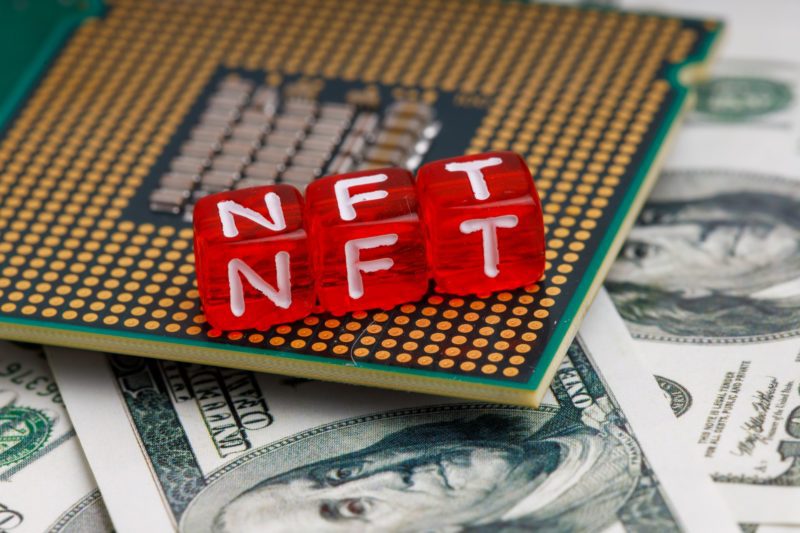Quick take:
- Publicly available blockchain records showed that dozens of NFTs on LooksRare were sold back and forth for unusually high prices.
- The irregular sales activity has helped LooksRare generate $10.8 billion in trading volume.
- $1.3 billion worth of NFT sales came from two wallets on LooksRare.
According to a Reuters review of publicly available blockchain records, the Meebit NFT famously sold for $50.6 million was sold back to the original seller for $49.6 million on LooksRare.
The NFT is among dozens that were sold back and forth between a small number of wallets at unusually high prices last month on the marketplace, prompting suspicion of wash trading.
Reuters found that on Jan 11, another Meebit NFT has been transacted across three wallets in over 100 sales at prices between $3 – $15 million range. The week after, a Loot bag NFT of virtual game equipment was transacted across two wallets in over 75 sales for $30,000 – $80,000 each time.
According to DappRadar, the top 27 most expensive NFT sales across the industry in January totalled $1.3 billion and came from just two wallets on LooksRare, while the top 100 sales totalled $2.3 billion and came from 16 wallets on the platform.
“There is a lot of activity happening between a couple of wallets – let’s say wallet one selling to wallet two, and then wallet two reselling it,” said Modesta Masoit, DappRadar’s finance and research director. “It’s quite likely that this is not real demand, that these trades are not organic.”
Despite having fewer than 3500 active traders per day, the irregular NFT sales activity on LooksRare has helped the marketplace generate $10.8 billion in trading volume since it launched in January. In comparison, OpenSea has at least 57,000 traders per day, and only generated $5 billion in January.
This kind of activity in the NFT space has also been observed by blockchain data platform, Chainalysis, which flagged wash trading as a cybercrime that should be punishable. However, wash trading is not yet illegal as there are no rules governing the NFT space.
Wash trading on LooksRare is done by users trying to game the marketplace’s token reward system, which rewards traders with the platform’s native token proportional to their overall sales volume.
A LooksRare spokesperson told Reuters that “such practices were highly risky, as traders would have to pay transaction costs that they were not guaranteed to recoup” and that the system was designed to reduce the profitability of the token’s yield farming in the long term.
Amid the initial wash trading concern first brought up within days of LooksRare’s launch, LooksRare investor and Twitter user “dingaling” said that wash trading is a “necessary step” for the platform to gain market share and that it’s “bye bye to wash traders” once real volume takes over.
Stay up to date:





